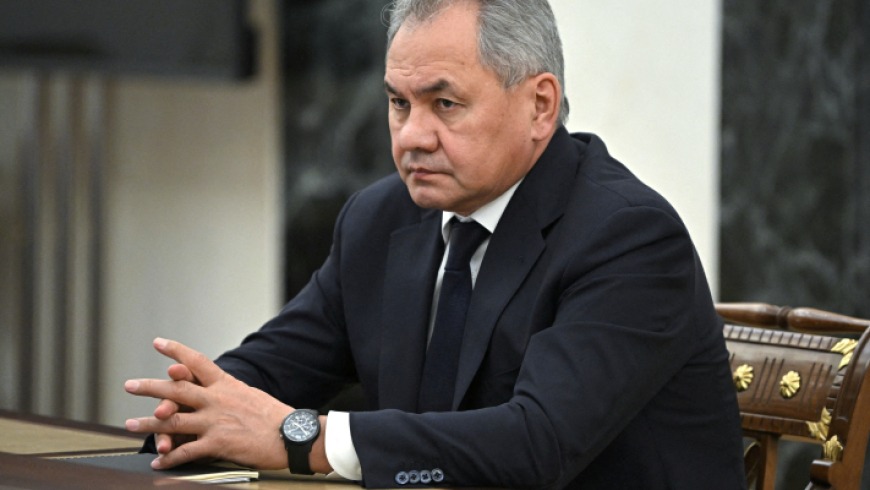The Secretary of the Russian Security Council, Sergei Shoigu, has called for increased political and economic support for the Syrian regime and for strengthening normalization processes at the Arab and regional levels.
This statement was made following Shoigu’s visit to the UAE, where he met with President Mohamed bin Zayed and other senior officials. During these discussions, they addressed the “difficult and very tense” situation in the Middle East, as well as regional security concerns, according to the Russian news agency Sputnik.
The meetings covered various topics, including the situation in Syria and the fight against terrorist groups, the Palestinian-Israeli conflict, the situation in Libya, and the collaboration between the security services of Russia and the UAE.
Syrians Fleeing Lebanon Face Repression and Persecution Upon Return: HRW
Shoigu praised the UAE’s significant efforts to assist the Syrian regime in overcoming its severe economic crisis and emphasized the importance of continuing Syria’s integration into the regional landscape. He stated, “It is crucial to actively reintegrate Syria into the regional environment, promote its full return to the Arab family, and encourage investment from other Gulf countries in the Syrian economy.”
On September 16, Shoigu visited Damascus and met with Syrian President Bashar al-Assad, where they discussed various issues related to international and regional security, as well as the bilateral relationship between Syria and Russia and prospects for its strengthening, according to SANA.
The UAE’s Role in Normalization with the Syrian Regime
In December 2018, the UAE reopened its embassy in Damascus, becoming the first Arab country to take significant steps toward re-normalization with the Syrian regime after years of isolation.
This decision was part of the UAE’s broader strategy to restore diplomatic ties and influence in the Middle East, signaling a shift in Gulf foreign policy toward Syria.
In March 2023, the UAE hosted Assad for an official visit—the first since the onset of the revolution against him. This visit had profound implications for both bilateral relations and regional politics, as it bolstered Assad’s position and marked a significant milestone in the process of re-normalization with his regime.
This article was translated and edited by The Syrian Observer. The Syrian Observer has not verified the content of this story. Responsibility for the information and views set out in this article lies entirely with the author.


